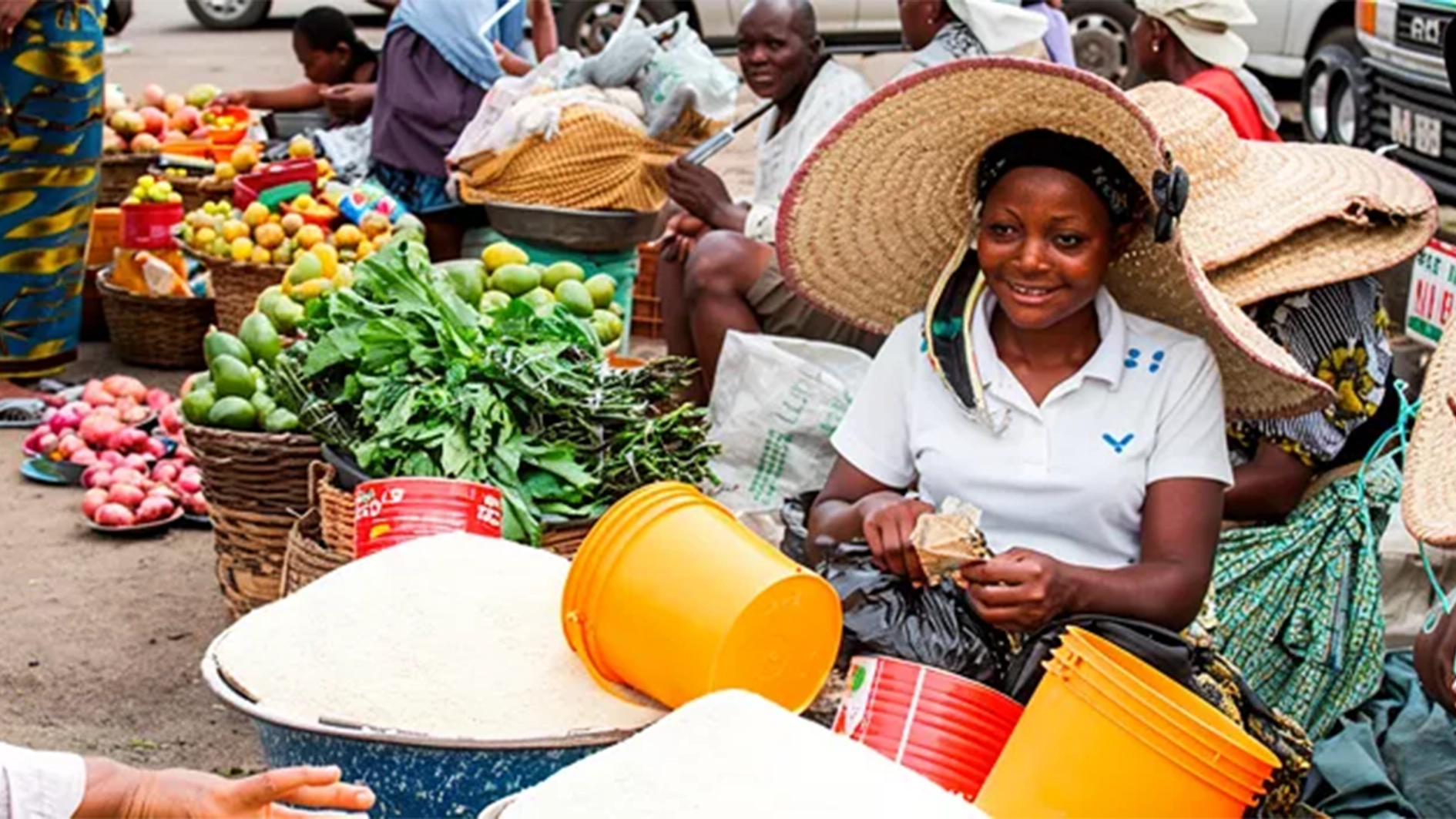
Stakeholders in the livestock sub-sector have urged the Federal Government to establish a unified digital taxation system by engaging the Presidential Tax Reform committee to boost investment in the business.
About 400 expert groups, businesses and academia, which gathered under the auspices of the Presidential Livestock Reforms Implementation Committee (PLRIC) headed by former President of the Academic Staff Union of Universities (ASUU), Attahiru Jega in Abuja, also urged the Federal Government to strengthen the existing National Animal Identification and Traceability (NAIT) system to address insecurity and market standards for livestock products.
The gathering also identified the supply of grains, forage, pasture and animal feeds as areas the government must pay attention to attract the needed investment in the livestock business.
A communique issued at the end of the two-day deliberation said to mitigate the challenges confronting the livestock business in the country, stricter measures should be implemented to curb smuggling, while regulated importation should be allowed to stabilise supply.
“A comprehensive national feed security program is highly recommended to strengthen existing animal health infrastructure in line with global One-Health initiative,” it stated.
On the newly established Federal Ministry of Livestock Development (FMLD), the stakeholders charged the government to domicile the Department of Livestock Extension and Innovation in the ministry to cater to specialized livestock extension needs with a policy framework to guide the development of a robust livestock extension service delivery system.
The need to develop a targeted policy framework to address climate change impacts on livestock production and integrate climate-smart practices across all livestock sub-sectors was also stressed by the stakeholders.
The communique added: “The Federal Ministry of Livestock Development should provide a framework for effective management of conflicts between farmers and herders at state, LGA, District and community levels with clear financing mechanisms for its operations. There is a need to have robust livestock data and genetic resource conservation infrastructure (gene banks, genetic stock improvement etc) for the sustainable livestock sector. The management of waste generated from the production process of the livestock value chains should be adequately planned for its conversion to wealth e.g., dung to manure and biogas, feather hydrolysis for protein production, blood for blood meal production for poultry to mention a few.”
It also urged the new ministry to note the importance of livestock mechanization across its value chains and properly domicile its functions within the ministry, saying the establishment of the National Agricultural Development Fund (NADF) should be explored for funding Animal agriculture value chain and allied activities Insurance coverage for livestock investment is very important and should be implemented.
It also stated that a rapid response team and an expert working group should be established for the livestock sector to work with other relevant agencies in times of disaster.
The communiqué, which was signed by Prof Jega, recommended that existing policies should be strengthened, where there are none, policies should be developed, and where there are gaps, such policies should be revised.
It stated that the presidential committee should collaborate with relevant stakeholders including government and other actors at Federal, State and Local Government levels to streamline regulations to avoid overlap to support investment in the livestock sector.
Earlier, while opening the two-day consultative workshop, President Bola Tinubu pledged government support in revamping and repositioning the sector to create employment and attract foreign Direct Investment (FDI).
The President assured the stakeholders that they would not regret the collaboration and investment in this sector.
The President added: “It is about time that we do it right. A country of over 200 million people and cannot serve our children one pint of milk in a classroom per day? That is not right. We didn’t see the investment opportunities. We didn’t see the economy of livestock in the past. Now that we have seen it, we must work together to restart the sector. We didn’t see the cold room investment. We didn’t see that opportunity before now.
“But it is coming. We are going to give it all it takes. The opportunity is there; when I inaugurated the Presidential Livestock Reform Committee, I didn’t see the path clearly until they started working.”






